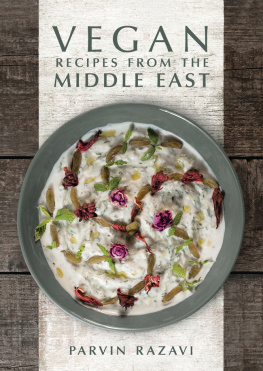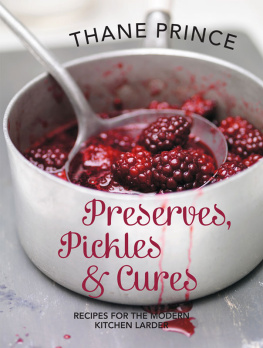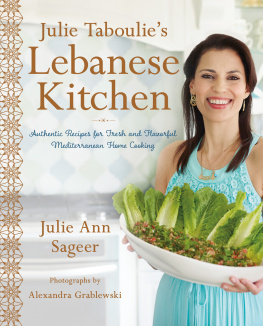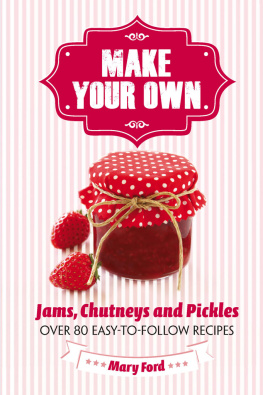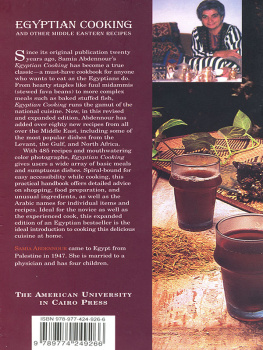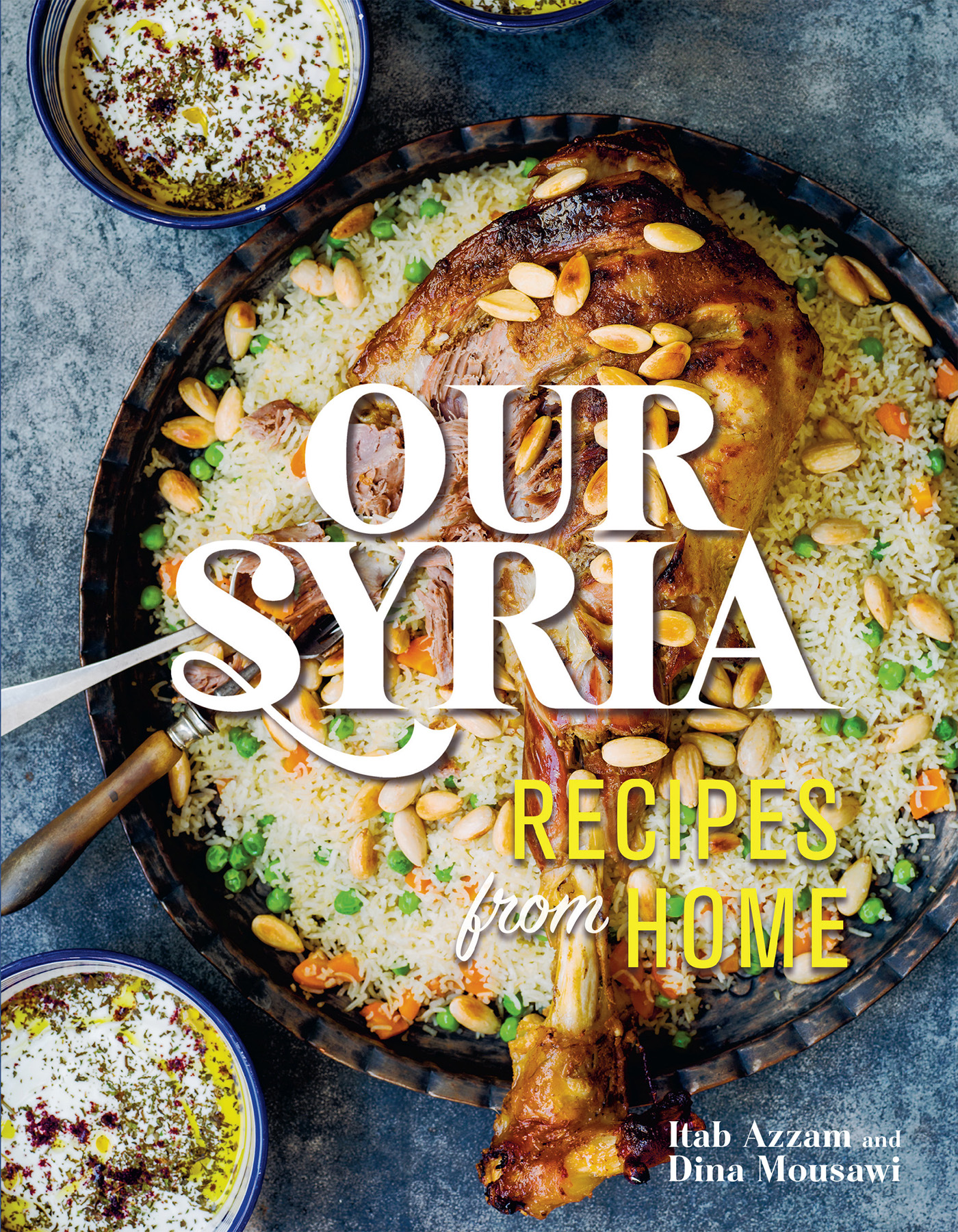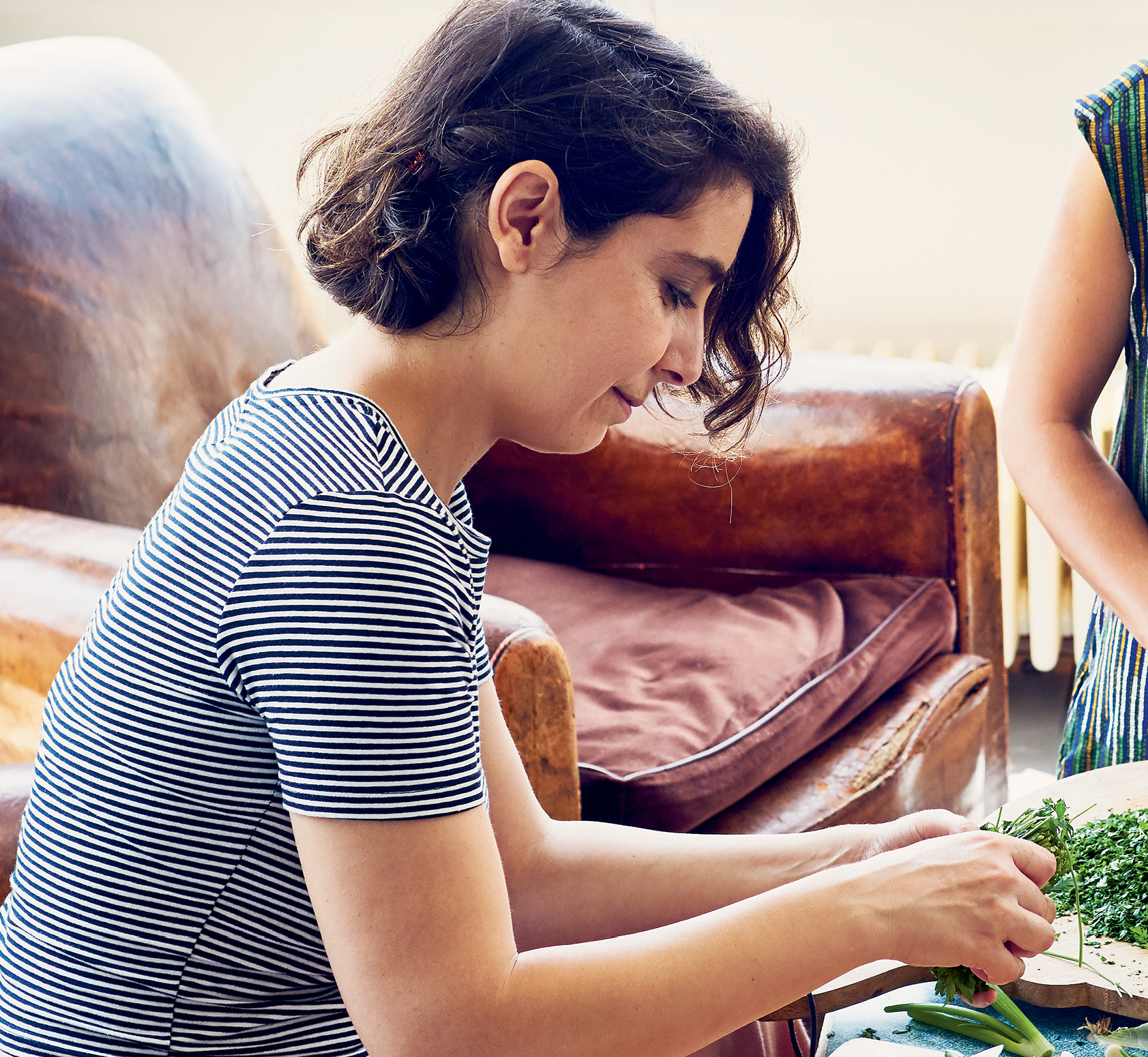Copyright 2017 by Itab Azzam and Dina Mousawi
Hachette Book Group supports the right to free expression and the value of copyright. The purpose of copyright is to encourage writers and artists to produce the creative works that enrich our culture.
The scanning, uploading, and distribution of this book without permission is a theft of the authors intellectual property. If you would like permission to use material from the book (other than for review purposes), please contact permissions@hbgusa.com. Thank you for your support of the authors rights.
Running Press
Hachette Book Group
1290 Avenue of the Americas, New York, NY 10104
www.runningpress.com
@Running_Press
Originally published in hardcover and ebook by Trapeze, an imprint of The Orion Publishing Group Ltd in May 2017
First U.S. Edition: September 2017
Published by Running Press, an imprint of Perseus Books, LLC, a subsidiary of Hachette Book Group, Inc.
The Hachette Speakers Bureau provides a wide range of authors for speaking events. To find out more, go to www.hachettespeakersbureau.com or call (866) 376-6591.
The publisher is not responsible for websites (or their content) that are not owned by the publisher.
Photography by Liz and Max Haarala Hamilton
Additional photography: : Tabitha Ross
Library of Congress Control Number: 2017939301
ISBNs: 978-0-7624-9052-3 (hardcover), 978-0-7624-9053-0 (ebook)
E3-20170908-JV-PC
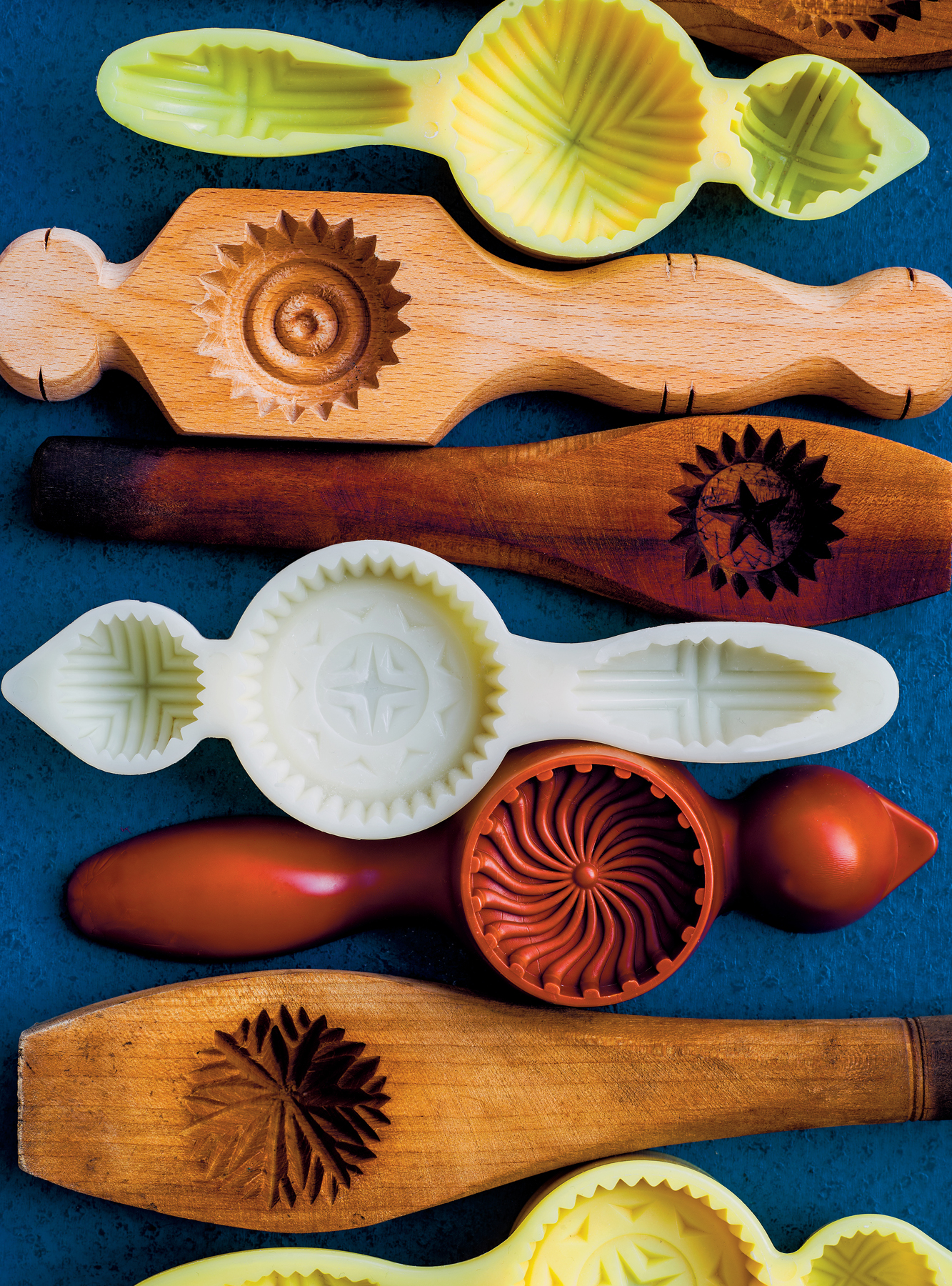
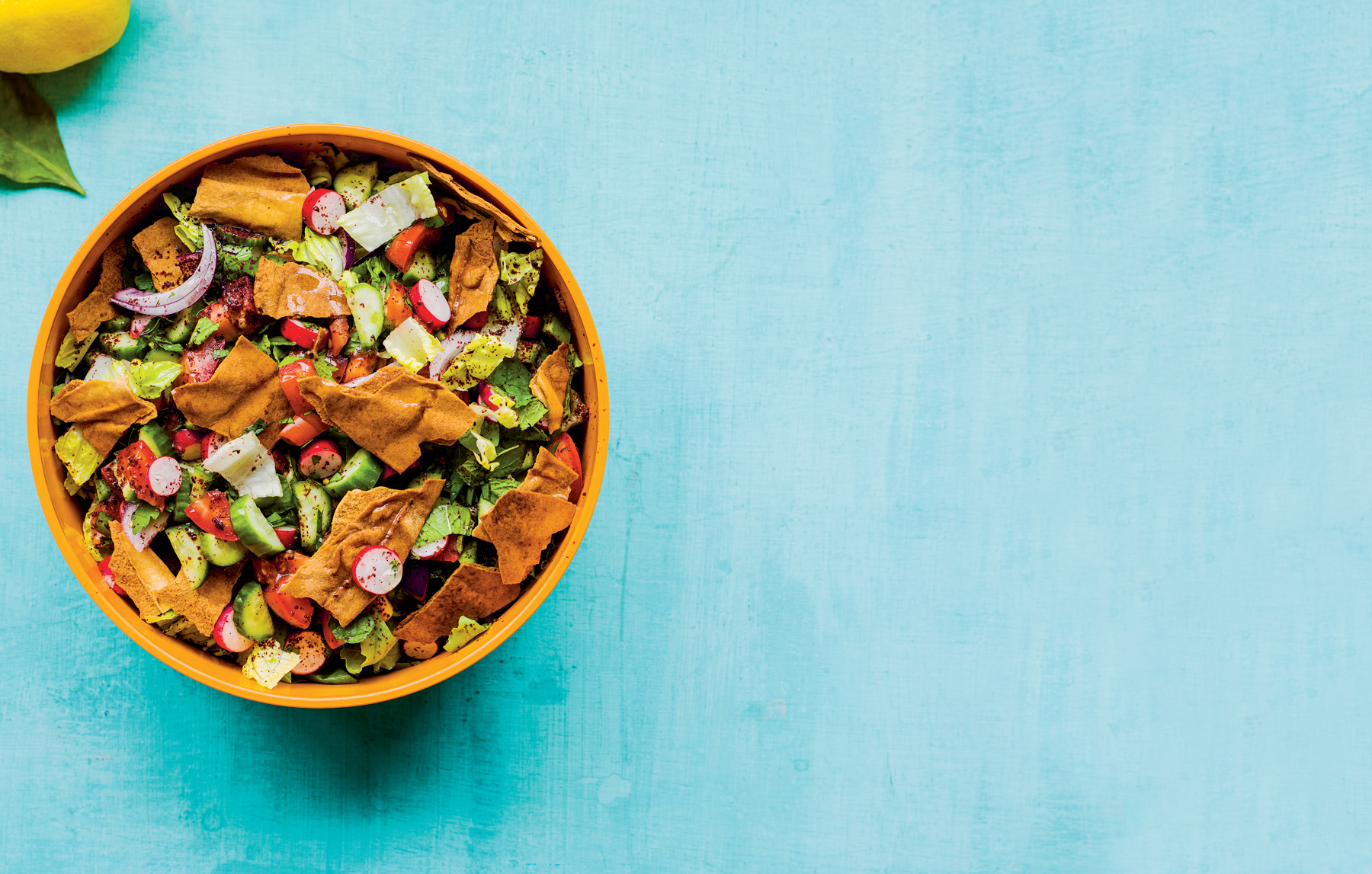
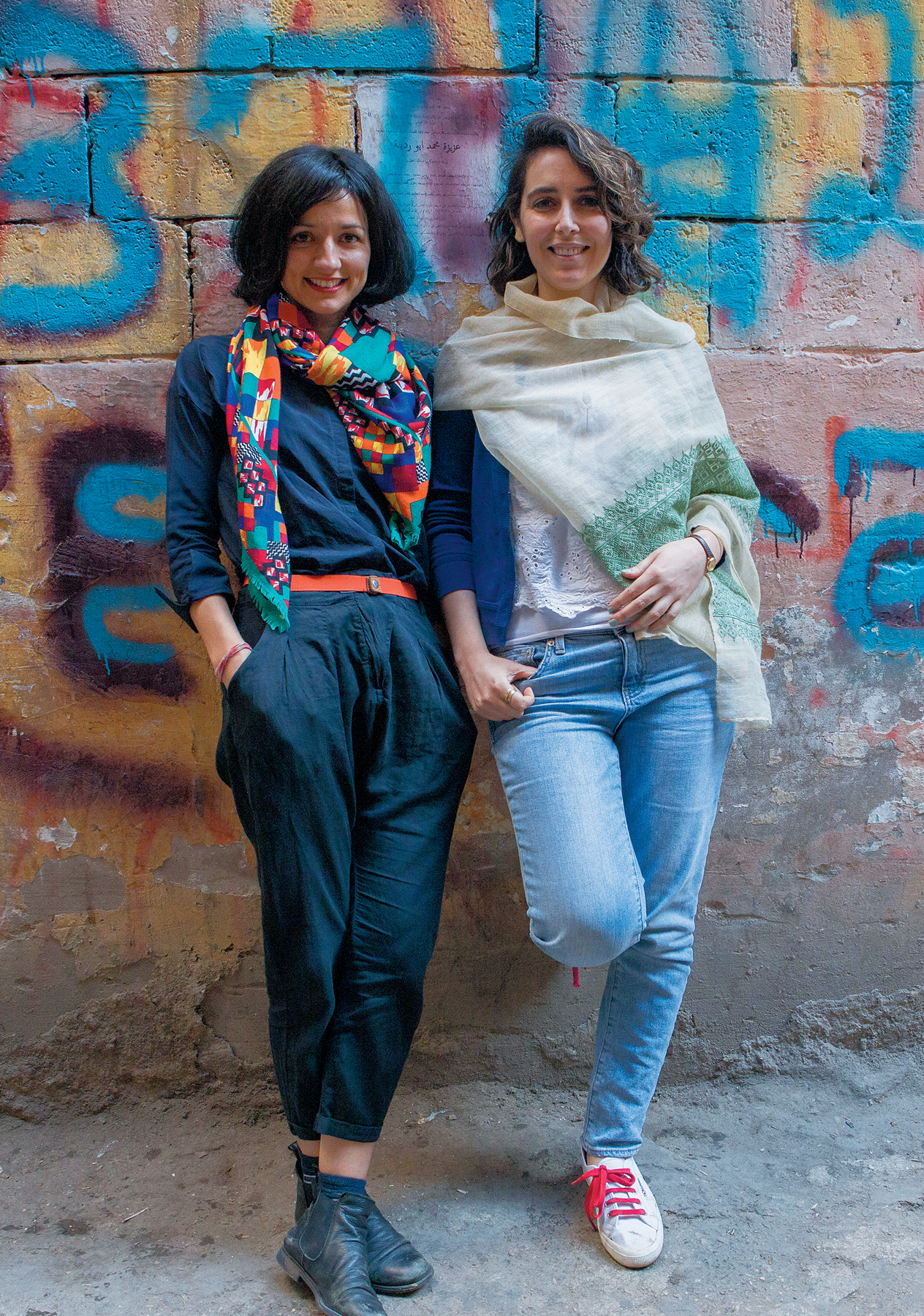
Since the eighth century BC , for Asians Syria has been the first glimpse of the Great Sea, a great land of culture to the West, as well as home to the most beautiful ancient mosques and churches. To Westerners, Damascus and Aleppo have always been the gateways to the Orient, the ancient marble and tile work peeking out along tumbledown medieval streets a reminder of the countrys biblical and classical heritage. Both of these groups of visitors brought travelers and traders; one bringing pepper, saffron, silk, and porcelain, the other precious metals and new-fangled technology. The markets of Syria still reek of the mingling odors of flowers, spices, tea, baking bread, and its legendary courtyard houses. Both have also brought armies; Tiglath-Pilesers Imperial Army of Assyria, the hoplites of Alexander the Great, crusading knights, Mongol warriors, and Ottoman janissaries have all raped and burned across Syria. Many Syrians alive today were born under French rule. And now, once again, fighters are coming from afar and tearing the country apart.
Our culture is under attack as never beforeour greatest buildings are being razed to the ground and our people are fleeing their homeland, disappearing into countries around the globe to seek a new, safer life. But one part of our heritage is still alive and well and will continue no matter what drives families from their homes. This is possibly the countrys darkest hour, but even now in tiny flats in Beirut, Berlin, and Bradford, Syrian families are searching out the best tomatoes and lemons, pomegranates and parsley, to recreate the dishes that remind them of home.
Syrians are masters of adversity, and nothing unites and inspires them as much as food. They will let loose with sugar, caffeine, herbs, and spices. A Syrian mother with barely two pennies to rub together can miraculously produce six or seven dishes bursting with flavor every day. And its an all-day operationrolling vine leaves, frying huge batches of eggplant, finely chopping parsley for tabbouleh. Such is the power that food has to connect us to our past: we hope that this book will be a way to preserve that hugely rich part of Syrian culture, at a time when it is most at threat.
Itab
When I was growing up in Syria, no one went abroad. My family and I lived in a one-story house that my dad built in a village in the Hauran, the remote and unglamorous mountain region on Syrias border with Jordanall red soil and black stoneswhose main claim to fame over the years has been as a hiding place for rebels and heretics.
We grew up behind the Iron Curtain under Hafez al-Assad, so we missed out on the consumer revolution that took the West by storm in the last century. Even now, everything is cooked fresh. Away from the hurly-burly of the world economy, Syrians have always made their own cheese and yogurt, grown their own olives for olive oil and roses for rose water. The more perspective I get from spending time out of my country, the more extraordinarily vibrant our food culture seems.
We dont stint on flavor. Sweets are very, very sweet; we ladle on the lemon and the pomegranate molasses. And look away now if you dont like raw garlic. Syrians are food chauvinists; nothing elsewhere tastes quite like the flavors of your own village, the way your own mother cooked them. As the last of my family contemplate leaving behind our little village, this is my Noahs ark: a capsule containing the intoxicating taste of home.
Dina
Growing up in Baghdad meant a constant gathering of my huge Iraqi family and, of course, that meant huge feasts to go with it. My dad particularly loved cooking and hosting; naturally my three siblings and I grew up with a passion for food.
Most of my family fled Baghdad during the Iraq War and are now spread all over the world. Many of them are in Amman, and when I visit, I spend every day in a different aunties kitchen, learning each ones special recipes. What I find interesting is that all my aunties cook the same dish but in a different way, each with her own special ingredient or method. Now I know whose Timan Baagila (fava bean and dill rice) is the most flavorful, whose kebabs are the most succulent, and whose dolma (stuffed vine leaves) are so juicy that I simply cannot stop eating. I have come to realize this is the same with Syrian women too; each has her own special way of making a traditional dish.
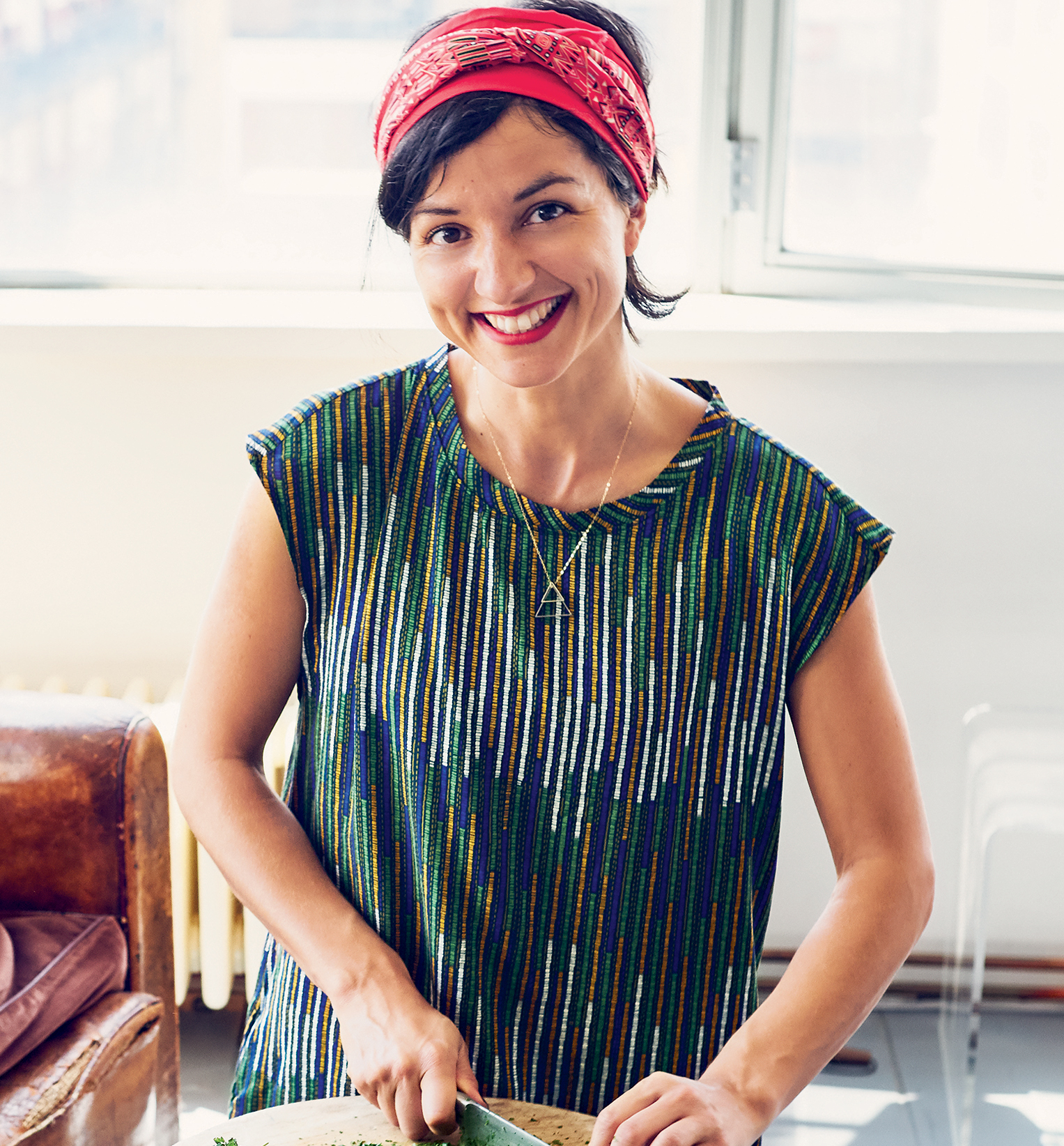
My introduction to Syrian cuisine came in 2010, when I was visiting Damascus to research a theater piece I was writing. Waking up to the smell of freshly baked manaeesh (pizza-like dough with toppings of zaatar, cheese, or meat) and hopping across the road to buy a couple for breakfast was one of my favorite times of day. I soon began to realize just how utterly delicious and flavorful Syrian food is. There are many similarities to Iraqi food, of course, but discovering the intricate flavors of Syrian cuisine added a whole new dimension to my palate.
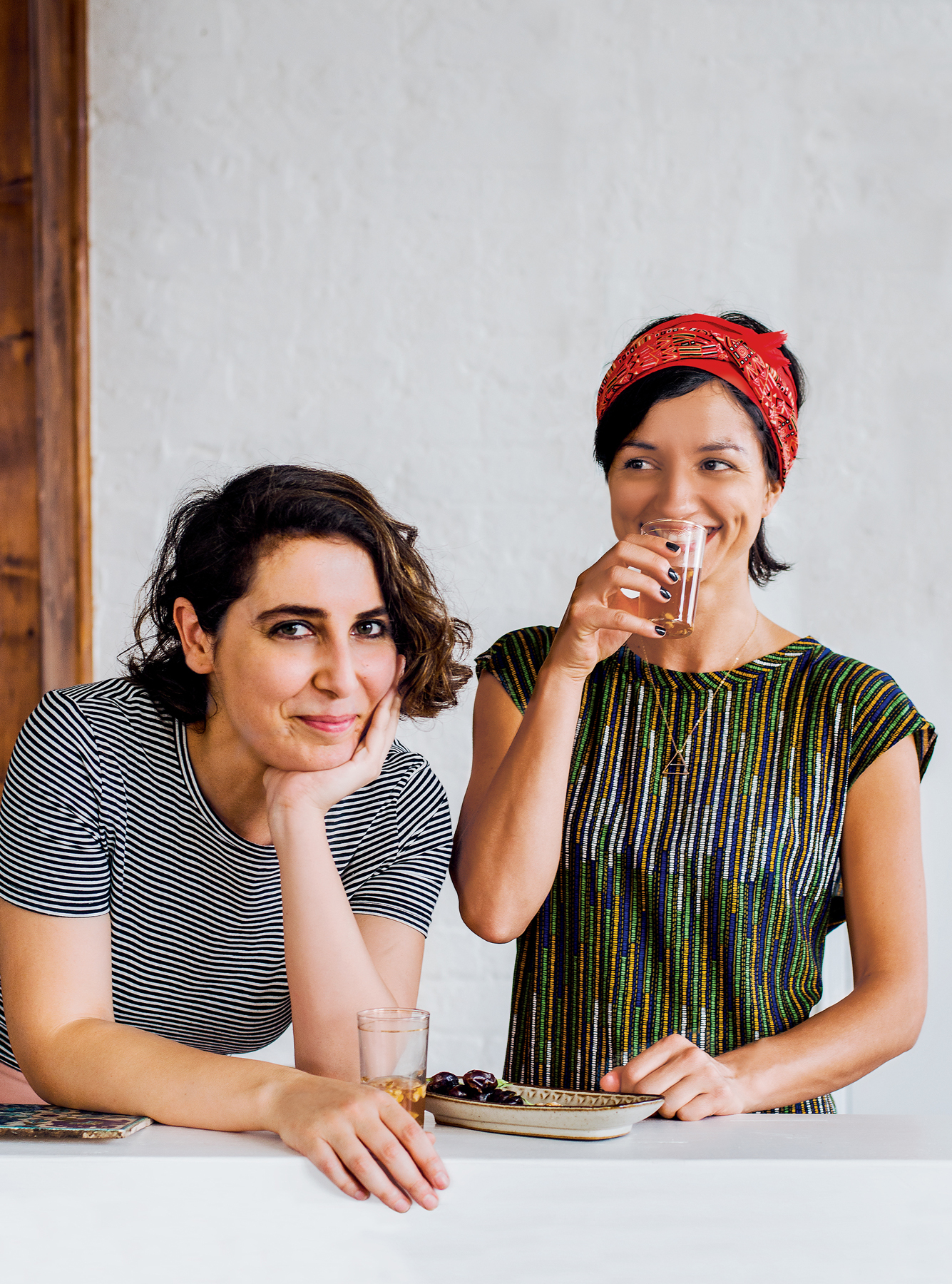
Dina and Itab
We first met at a friends house in east London in 2014; we instantly bonded over our mutual love of foodboth making and eating itand we swapped recipes. Since then we have been firm friends, calling each other almost every day to swap tips on our favorite foods.




